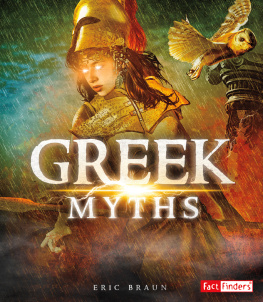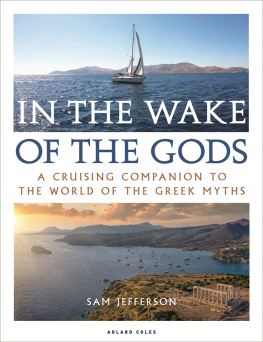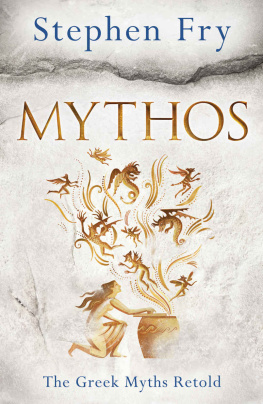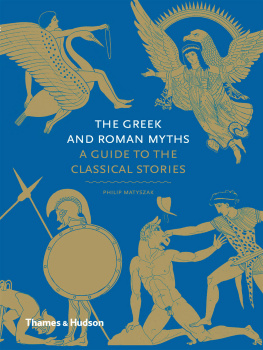LEGO is a trademark of the LEGO Group of companies which does not sponsor, authorize, or endorse this book. Copyright 2014 by Hollan Publishing, Inc. All rights reserved. No part of this book may be reproduced in any manner without the express written consent of the publisher, except in the case of brief excerpts in critical reviews or articles. All inquiries should be addressed to Skyhorse Publishing, 307 West 36th Street, 11th Floor, New York, NY 10018. Skyhorse Publishing books may be purchased in bulk at special discounts for sales promotion, corporate gifts, fund-raising, or educational purposes.
Special editions can also be created to specifications. For details, contact the Special Sales Department, Skyhorse Publishing, 307 West 36th Street, 11th Floor, New York, NY 10018 or . Skyhorse and Skyhorse Publishing are registered trademarks of Skyhorse Publishing, Inc., a Delaware corporation. Visit our website at www.skyhorsepublishing.com. 10 9 8 7 6 5 4 3 2 1 Library of Congress Cataloging-in-Publication Data is available on file. Cover design by Brian Peterson Cover photo credit by Amanda Brack Print ISBN: 978-1-62914-522-8 Ebook ISBN: 978-1-62914-889-2 Printed in China A CKNOWLEDGMENTS This fifth installment of our Brick books would not be in print without the amazing people standing behind it.
Thank you to our lovely editor Kelsie Besaw, who has continued to shepherd this series to be what it is today. To Tony Lyons, Bill Wolfsthal, and Linda Biagi, for giving us the opportunity to tell so many great stories, and to everyone behind the scenes at Skyhorse for bringing this book to market. Extra special thanks go to Holly Schmidt and Allan Penn for giving us the means build our Brick Empire. Amanda Brack: A big thanks to my Mom and Dad for buying us mountains of Legoswho knew it would pay off! More importantly, thank you for your unwavering support and love throughout all my crazy endeavors. Another thanks to my brothers for keeping me away from Barbie dolls, teasing me constantly, and giving me so many wonderful memories. To Andy: thank you for your honesty, for believing in me even when I dont, and for weekly burritos.
Last but not least, I must acknowledge my dog, Kemi, because she is the best thing on four legs. Becky Thomas: I would like to thank my mom and dad, for reading to me every night and filling me with a love of stories. Thanks to my siblings, Michael, Elizabeth, and Kaitlyn, for keeping things loud and always interesting! Thank you to my husband Patrick for our epic house-wide nerf battles and for his endless support and love. Finally, I want to thank my Professor Marios Philippides for inspiring me in his compelling, fascinating class on Greek mythology. Monica Sweeney: Warm hugs go to my incredible sister Katie, who read Greek myths to me when we were little girls and who always encourages my undertakings, big and small. To Sarah Sweeney-Feuerstein, for being Mayor of Legoland.
To my Mom, Dad, and Joanne, for being the very best and most supportive parents. To Dr. Anthony Tuck, for teaching an absorbing Greek mythology class and for providing exceptional materials that helped support the research in this book. And a special thank you to Professor Jenny Adams, because I dont know if bawdy Chaucer will make his way to Brick form, but your influence continues to mean so much. I NTRODUCTION BY THE A UTHORS T he stories of Greek mythology have been told and retold since the earliest days of Greek civilization, starting around the mid-sixth century BCE. These myths, like myths across the world, explain how the world came to be and tell the tales of the gods, heroes, and the great figures who shaped it.
Some stories, like The Iliad , are based in historical fact and, as such, are more rightly considered sagas than folktales or myths. In these cases, the story began in truth, but years and generations of retelling acted as a game of telephone; the myths and stories we have at this end of history arrive with exaggerations and dramatic flourishes that make each story something quite different from how it started. Other stories are more like what Rudyard Kipling would call Just So Stories; they seek to explain something about the physical world by telling how it came to be. In the realm of mythology, we refer to these as etiological narratives. The story of Persephone explains why we have seasons, and the story of Athena and Poseidons contest for Athens seeks to explain quite a bit about the citys geography and even how it got its name. Each of these stories carries along a mytheme, or a basic element that contributes to the formula of the storywhether it is a heros katabasis, or descent to the underworld to fulfill a task, a damsel in distress, or a kings fear of usurpation.
These tales, too, are subject to the historical party game and show how our storytelling may change, but our desire to rationalize the origins of all things does not. Unlike the other stories we have put into brick form, these Greek myths do not have an official text. Of course, the most famous versions of these stories can be found in writing in the works of famous Greek figures, like Hesiods The Theogony, and Homers The Iliad and The Odyssey, but even these were passed down as rhapsodies and poems before they were finally written down many years later. Still, these records and other writings are the clearest, most complete tellings of many of the myths, along with clues from contemporary art and pottery and other traditions recounting the myths. This is why there is so much variation in the way that myths are told: without a source, a text to keep the stories honest, they are free to change and bend depending on the whim of the teller. This is our version, and while we did our best to stay true to the stories as we have heard them, we hope we have added a bit of ourselves to the stories, too.
C ONTENTS Dramatis Personae  T WELVE O LYMPIANS
T WELVE O LYMPIANS  Aphrodite, goddess of love, beauty, and fertility
Aphrodite, goddess of love, beauty, and fertility  Ares, god of war
Ares, god of war  Artemis, goddess of the hunt, the moon, wilderness, chastity, and archery
Artemis, goddess of the hunt, the moon, wilderness, chastity, and archery  Athena, virgin goddess of wisdom, crafts, skill, mathematics, courage, and just warfare
Athena, virgin goddess of wisdom, crafts, skill, mathematics, courage, and just warfare  Demeter, goddess of the harvest and fertility; mother of sorrows
Demeter, goddess of the harvest and fertility; mother of sorrows  Dionysus, god of wine, ecstasy, theater, and merrymaking
Dionysus, god of wine, ecstasy, theater, and merrymaking  Hephaestus, god of fire, the forge, metalwork, sculpture, and volcanoes
Hephaestus, god of fire, the forge, metalwork, sculpture, and volcanoes 













 T WELVE O LYMPIANS
T WELVE O LYMPIANS  Aphrodite, goddess of love, beauty, and fertility
Aphrodite, goddess of love, beauty, and fertility  Ares, god of war
Ares, god of war  Artemis, goddess of the hunt, the moon, wilderness, chastity, and archery
Artemis, goddess of the hunt, the moon, wilderness, chastity, and archery  Athena, virgin goddess of wisdom, crafts, skill, mathematics, courage, and just warfare
Athena, virgin goddess of wisdom, crafts, skill, mathematics, courage, and just warfare  Demeter, goddess of the harvest and fertility; mother of sorrows
Demeter, goddess of the harvest and fertility; mother of sorrows  Dionysus, god of wine, ecstasy, theater, and merrymaking
Dionysus, god of wine, ecstasy, theater, and merrymaking  Hephaestus, god of fire, the forge, metalwork, sculpture, and volcanoes
Hephaestus, god of fire, the forge, metalwork, sculpture, and volcanoes 